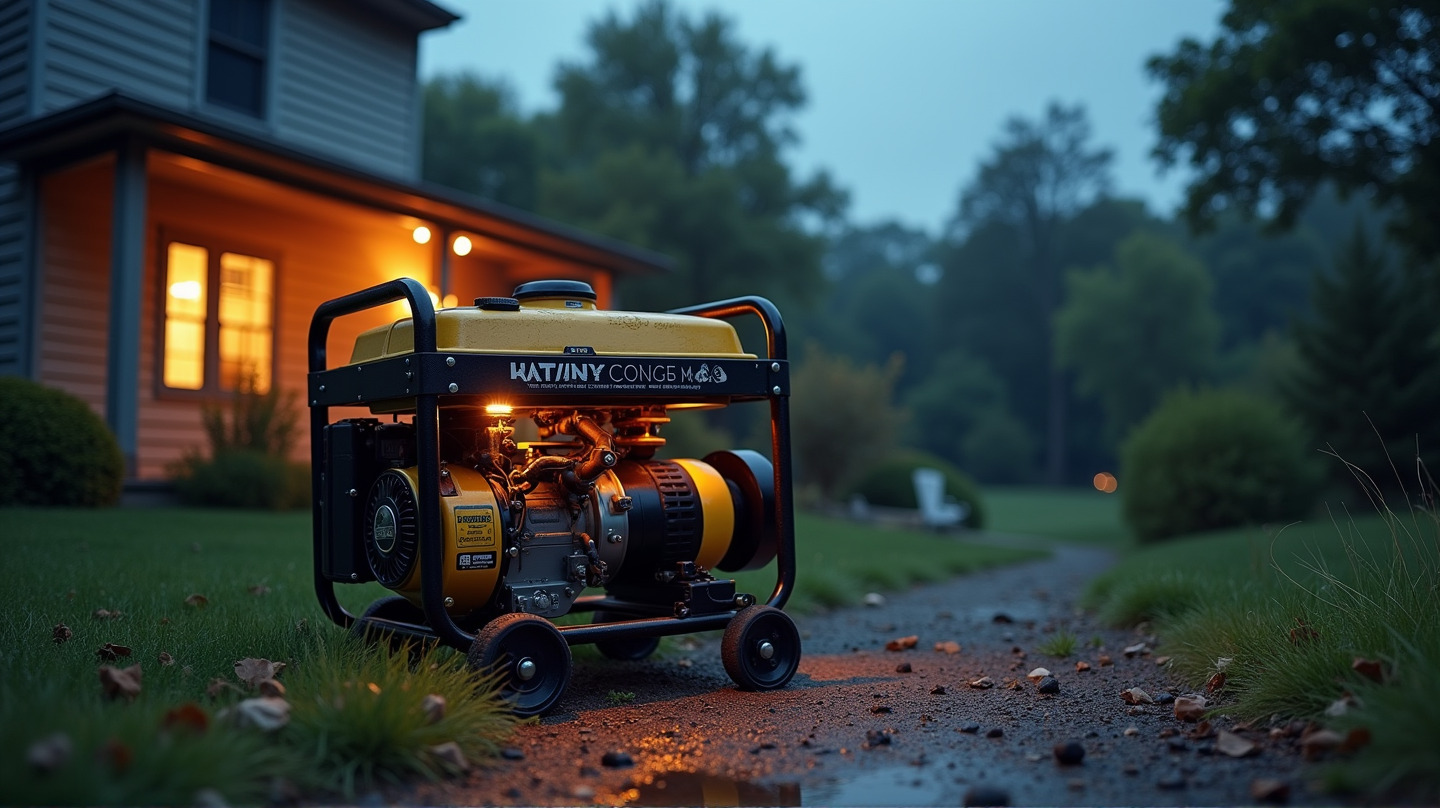When hurricanes loom on the horizon, generators become invaluable assets for those facing power outages. Yet, the convenience they offer can quickly turn hazardous without diligent observance of safety protocols.
Understanding Generator Risks
Generators, while crucial in emergencies, pose dual risks: fire hazards and carbon monoxide poisoning. This odorless, invisible gas can infiltrate living spaces if safety measures aren’t strictly followed—leading to severe health risks.
Expert Insights from Safety Professionals
Michael Vita, a seasoned fire marshal, emphasizes the importance of routine generator maintenance and correct placement. Following his advice may very well mean the difference between safety and disaster.
Proactive Measures for Safe Operation
- Routine Checks and Testing: Before the storm season, thoroughly inspect your generator for any signs of wear. Regular testing ensures functionality when you most need power.
- Fuel Management: Stock enough gasoline for days of operation and store it securely. Refill the generator only when it’s off and cool to avoid fiery accidents.
- Strategic Placement: Position your generator at a minimum of 20 feet from the house, away from windows and doors, to prevent carbon monoxide entry.
During the Storm: Safe Generator Practices
- Opt for Heavy-Duty Cords: Choose extension cords tailored for outdoor devices, significantly reducing the risk of fire from overload.
- Direct Connections: Plug appliances directly into the generator. This prevents circuit overloads and potential electrical fires.
Post-Storm Protocols
After enduring the storm’s wrath, pay close attention to your generator:
- Inspections and Refueling: Only add fuel when it’s safe, and check for any incurred damage.
- Cleaning and Storage: Let the generator cool before storing it in a dry, safe area.
Final Thoughts
Adherence to these safety protocols ensures that your generator remains a source of relief and not harm. For more insights on choosing the right generator size, explore recommendations that cater to your specific needs.
As stated in WKMG, preparation is your best defense against hurricane-related challenges. Equip yourself with knowledge, and let your generator be a reliable ally when you need it most.
